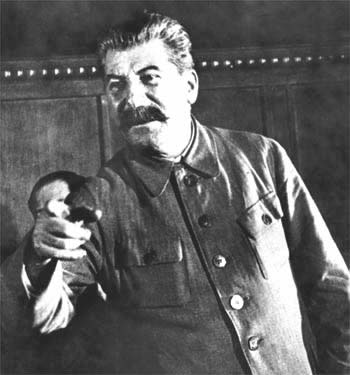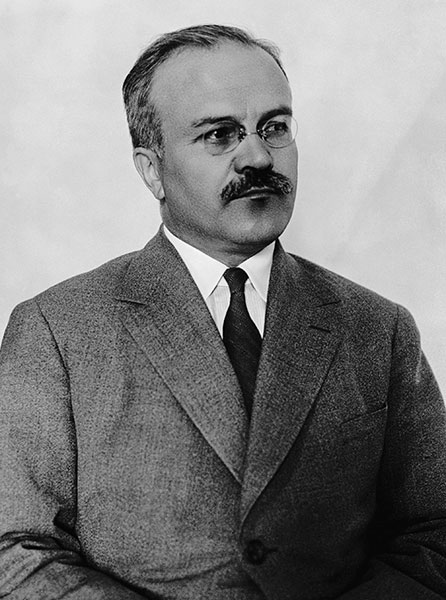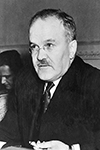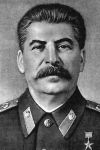Russia Smashes In to End the War With Japan
The War Illustrated, Volume 9, No. 214, Page 258, August 31, 1945.
Soviet Russia declared war on Japan on August 8, 1945, when Mr. Molotov, Russian Foreign Commissar, informed Mr. Sato, the Japanese Ambassador to Moscow, that the declaration would come into operation the following day. Mr. Molotov's words were terse. Indicating that after the rout and capitulation of Hitlerite Germany Japan remained “the only great Power insisting on the continuation of the war”, he declared that since the Nippon Government had refused the Allies' unconditional surrender terms issued from Potsdam on July 26 (see page 264), the U.S.S.R. Had accepted the Allied proposal that they (the Soviets) should declare war on Japan. “The Soviet Government”, said Mr. Molotov, “considers that such a policy on its part is the only means capable of bringing peace nearer, freeing the people from further sacrifices and sufferings, and giving the Japanese people the opportunity to avoid those dangers and destructions which have been suffered by Germany after her refusal to capitulate unconditionally.”
Thus ended the uneasy truce between Russia and Japan as set forth in the Soviet-Japanese Pact of April 1941 and denounced by the Russians in April 1945 when Mr. Molotov stated that Japan had been helping Germany and was, moreover, at war with Russia's British and U.S. Allies. In his declaration of war, Mr. Molotov revealed that the Japanese had sought Russian mediation in the middle of June this year – in the form of a personal message from the Emperor, the text of which was made known to the British and U.S. leaders at Potsdam.
The Russians lost no time in executing their declaration. On the evening of August 9 – exactly 24 hours after Mr. Molotov had seen the Japanese Ambassador in Moscow – Generalissimo Stalin issued his first official communiqué on the progress of the war. It stated that the Manchurian frontier had been crossed in many places, the River Amur forced, and several places, including the important railway town of Manchuli, captured; advances up to 14 miles were being made on a front over 1,000 miles. Three days later was announced the Soviets' capture of the Korean port of Rashin. It was then reported from Moscow that the enemy had already lost Northern Manchuria from a strategic point of view and in many areas was completely disorganized.
In a broadcast from Tokyo on August 10 – four days after the fall of the first atomic bomb (see page 278) – the Japanese Government announced their readiness to accept the Allied ultimatum of July 26 on the understanding that it did not “prejudice the prerogatives of the Emperor”. Next day the Big Four (Britain, the U.S., Russia and China) replied with the demand that the Emperor's authority to rule Japan should be subject to an Allied Supreme Commander, while the Emperor would be required to authorize the surrender terms needed to carry out the Potsdam ultimatum. On August 14 the Japanese finally surrendered.
Index
Previous article
I Was There! - We Settled a Jap Cruiser in Malacca Straits
Early in the morning of May 16, 1945, a destroyer flotilla of the East Indies Fleet intercepted a Japanese cruiser in the Malacca Straits and sank her after a spirited engagement. Story of the action
Next article
Thoughts on the Peace of Potsdam
The Berlin Conference of 1945 will long be remembered as one of the red letter events in world history; its importance outweighs that of the once celebrated Congress of Berlin (1878) as greatly as the







